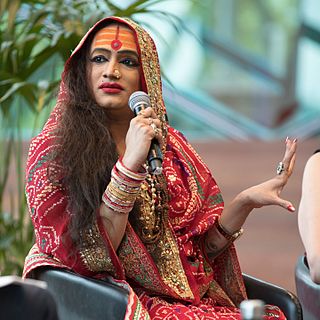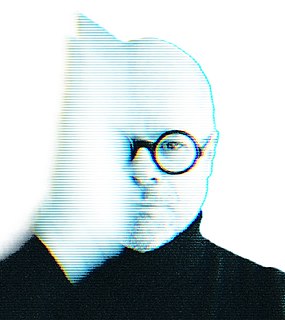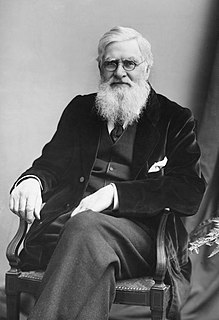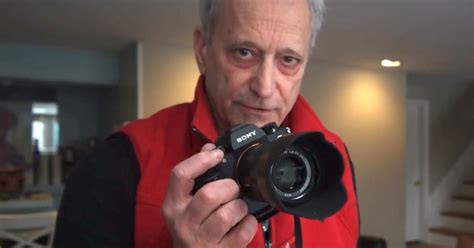A Quote by Sebastian Faulks
All my life I had lived on the presumption that there was no existence beyond... flesh, the moment of being alive... then nothing. I had searched in superstition... But there was nothing. Then I heard the sound of my own life leaving me. It was so... tender. I regretted that I had paid it no attention. Then I believed in the wisdom of what other men had found before me... I saw that those simple things might be true... I never wanted to believe in them because it was better to fight my own battle. You can believe in something without compromising the burden of your own existence.
Quote Topics
Alive
All My Life
Attention
Battle
Be True
Because
Before
Being
Believe
Believed
Better
Beyond
Burden
Compromising
Existence
Fight
Flesh
Found
Had
Heard
I Believe
Leaving
Leaving Me
Life
Lived
Me
Men
Might
Moment
My Life
My Own
My Own Life
Never
Nothing
Other
Own
Paid
Presumption
Saw
Simple
Simple Things
Something
Sound
Superstition
Tender
Them
Then
Things
Those
True
Wanted
Wisdom
Without
Your
Related Quotes
All I'd ever heard my entire life in my family was, "Nobody wanted you, and we took you in." When you get that into your head at a tender age, you really feel like you are an unlovable human being, and then you behave like one. That's exactly what I had done. It took me many years to deal with my own violence and find my own niche.
Have you ever had a moment where you finish a piece, and then all of a sudden the piece sort of takes on it's own life beyond you? It doesn't happen every time, but there are some pieces where that happens, and I love that. I feel like that's what I'm seeking nowadays, that moment of transcendence with a piece. Where this thing becomes larger than me as a person. It becomes otherworldly, and then I get separated as maker from it, and then it has it's own life. I love that.
When you go to war as a boy you have a great illusion of immortality. Other people get killed; not you. . . . Then when you are badly wounded the first time you lose that illusion and you know it can happen to you. After being severely wounded two weeks before my nineteenth birthday I had a bad time until I figured out that nothing could happen to me that had not happened to all men before me. Whatever I had to do men had always done. If they had done it then I could do it too and the best thing was not to worry about it.
My benefactor told me that my father and mother had lived and died just to have me, and that their own parents had done the same for them. He said that warriors were different in that they shift their assemblage points enough to realize the tremendous price that has been paid for their lives. This shift gives them the respect and awe that their parents never felt for life in general, or for being alive in particular.
You write a character, but in essence, it's just a concept of what it could be, and then actors come in and they have their own sort of interpretations and thoughts. If you respond to those and then go forward with them, then it's kind of like magic to see the idea you had become alive and in the flesh.
And I felt more like me than I ever had, as if the years I'd lived so far had formed layers of skin and muscle over myself that others saw as me when the real one had been underneath all along, and I knew writing- even writing badly- had peeled away those layers, and I knew then that if I wanted to stay awake and alive, if I wanted to stay me, I would have to keep writing.
I always say, "First complete your education, be what you want to be in life, get a position, start earning. Then, when you are financially stable, everything will be stable in your life." I have become like a role model, and people feel that I must have had a really cool life, my parents accepting me, like a Cinderella story. It's not like a Cinderella story for me. I had to be my own fairy godmother and create myself. I took decisions and I lived with those decisions, and I did everything for my own dignity.
There might have been a hundred or a thousand life-bearing planets, had the course of evolution of the universe been a little different, or there might have been none at all. They would probably add, that, as life and man have been produced, that shows that their production was possible; and therefore, if not now then at some other time, if not here then in some other planet of some other sun, we should be sure to have come into existence; or if not precisely the same as we are, then something a little better or a little worse.
As an emerging photojournalist in the early 70s, my focus was on trying to create stories for magazines to the exclusion of almost everything else. I wish someone had told me then that the most personally important pictures you’ll ever make are those about you and your life. I’m glad I had the chance to work for some great magazines, but I really miss those little everyday images, the ones that take place in and around your own life, which will never make the news. Don’t sell yourself short: photograph your own life, not just everyone else’s.
I met Michael Snow and Stan Brakhage the second day after I arrived, you know. I had never seen or heard of Brakhage. For me, it was a revolution, because I was well educated in film, but American-style experimental film was known to me in the abstract, and I had seen practically nothing. I had seen a film then that Noël Burch had found and was distributing called Echoes of Silence. It was a beautiful film, three hours long. It goes forever and it was in black and white, very grainy, and I saw that film and I thought...it was not New Wave. It was really a new concept of cinema.






































